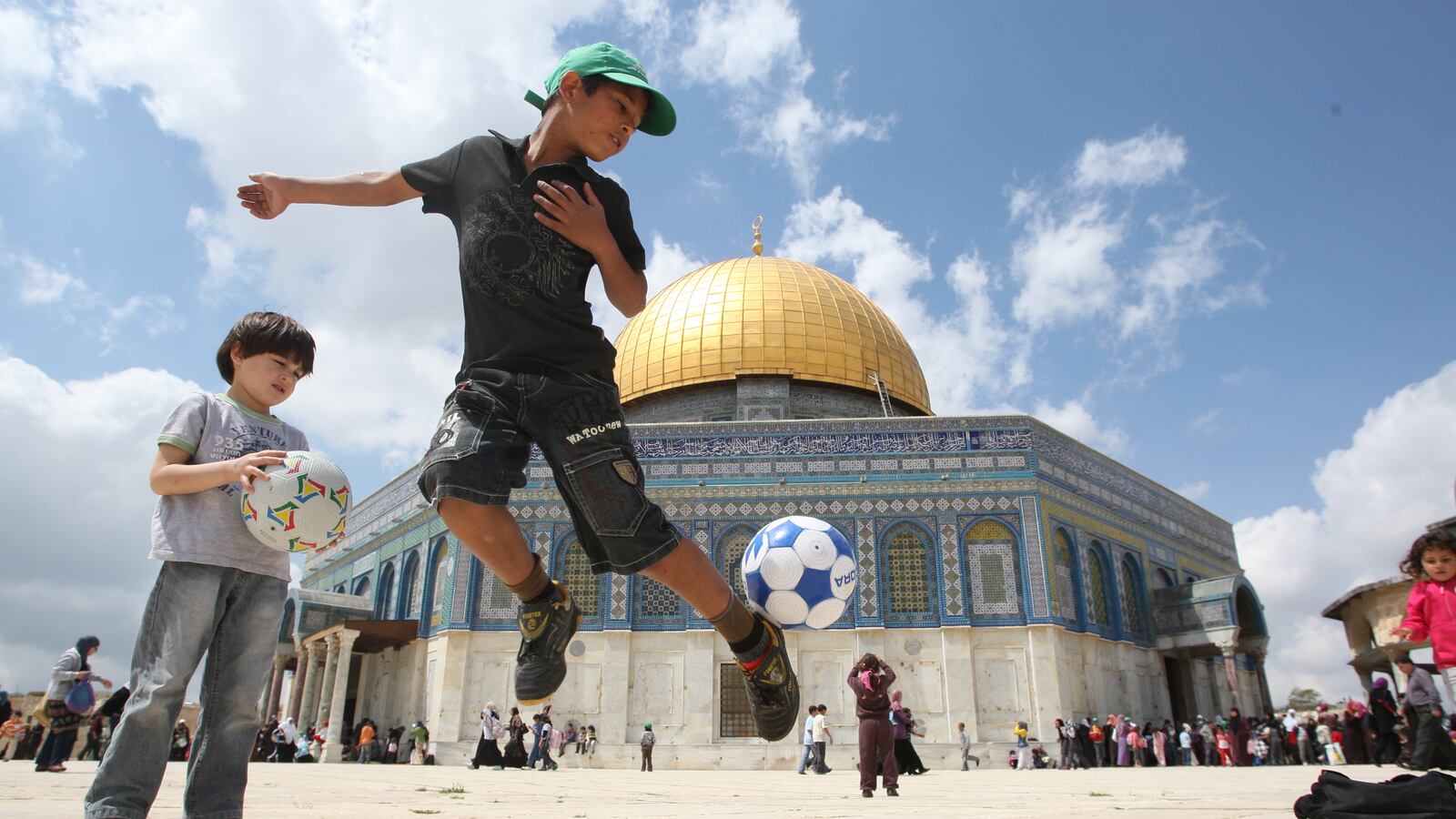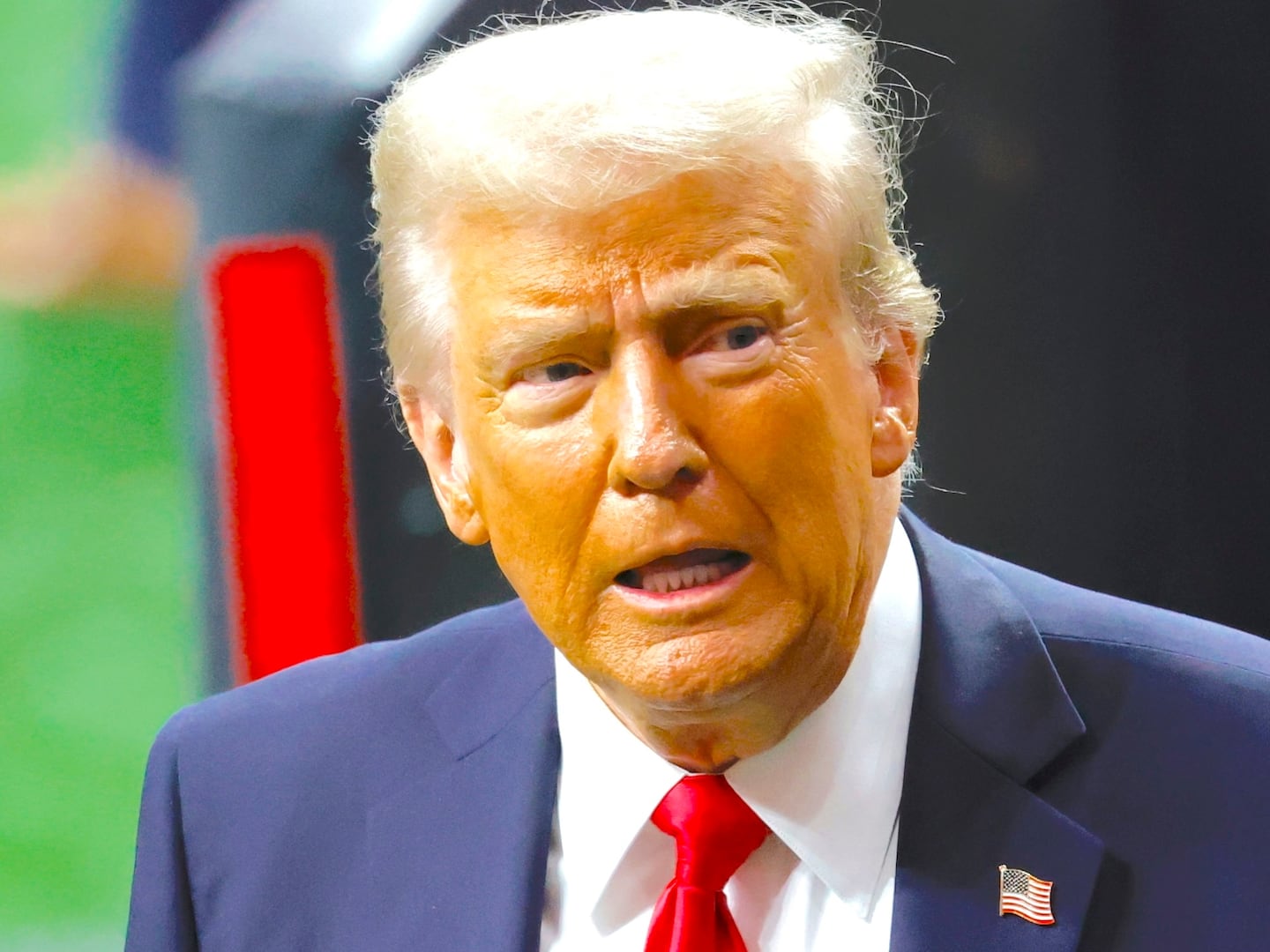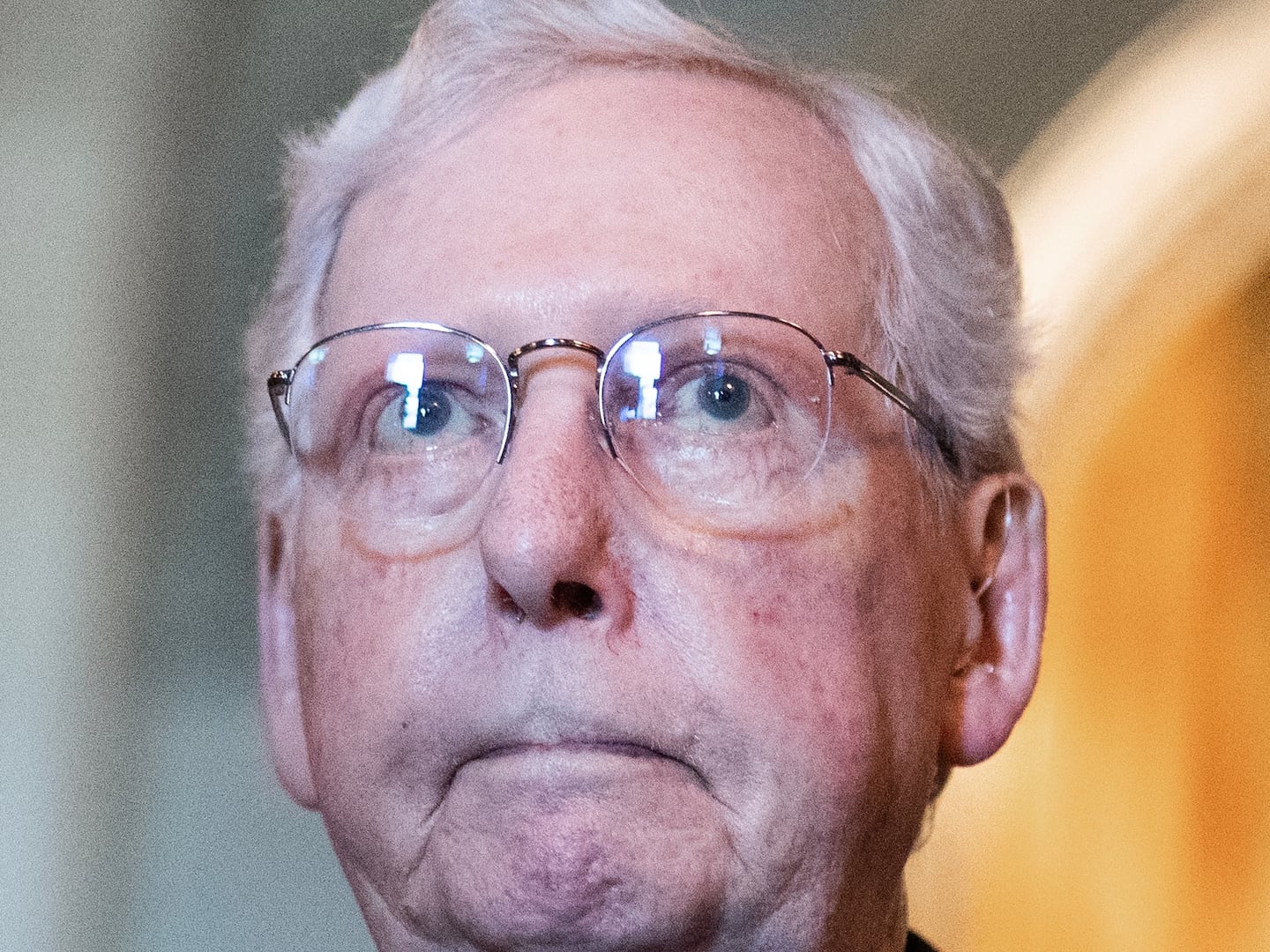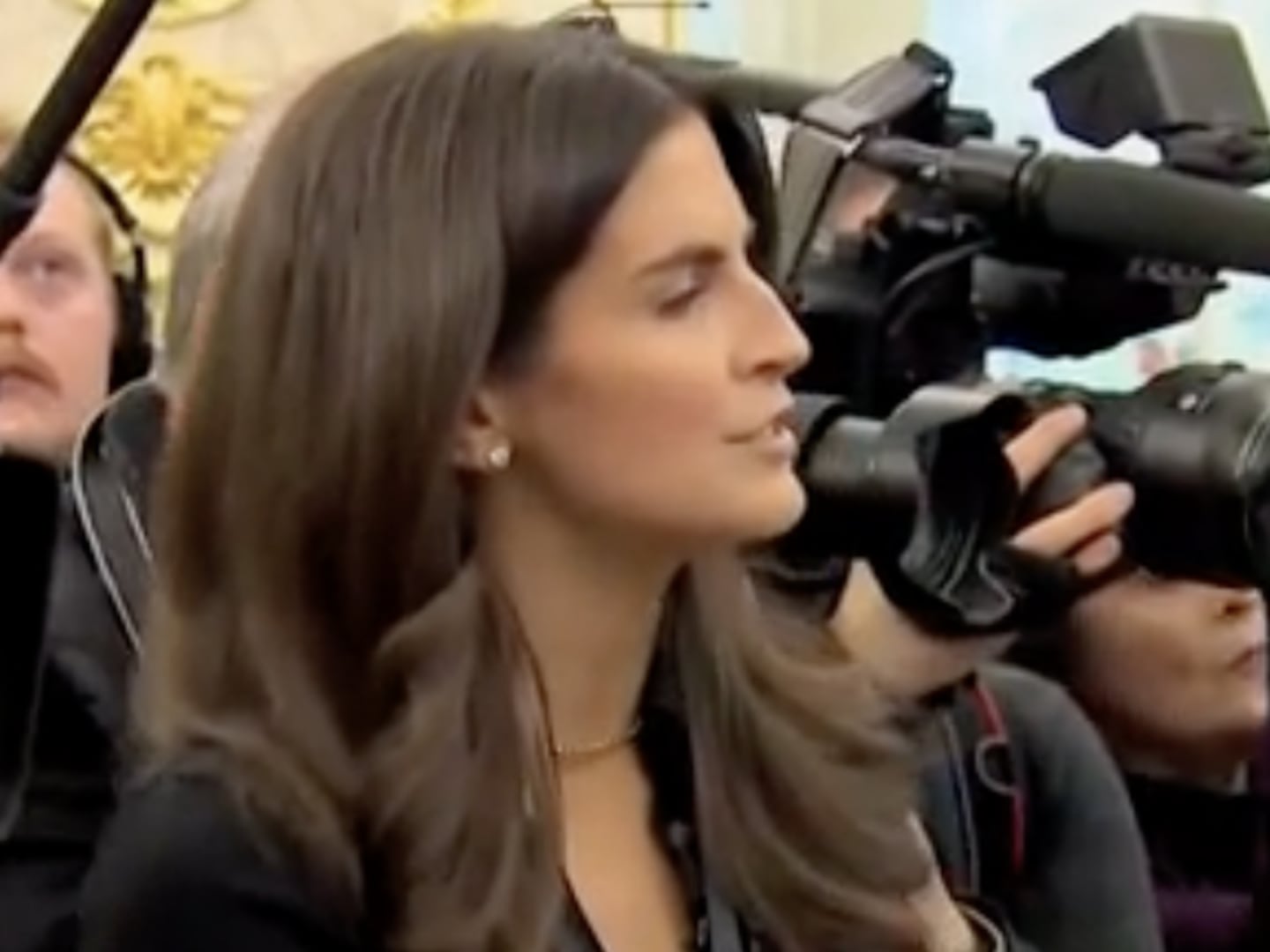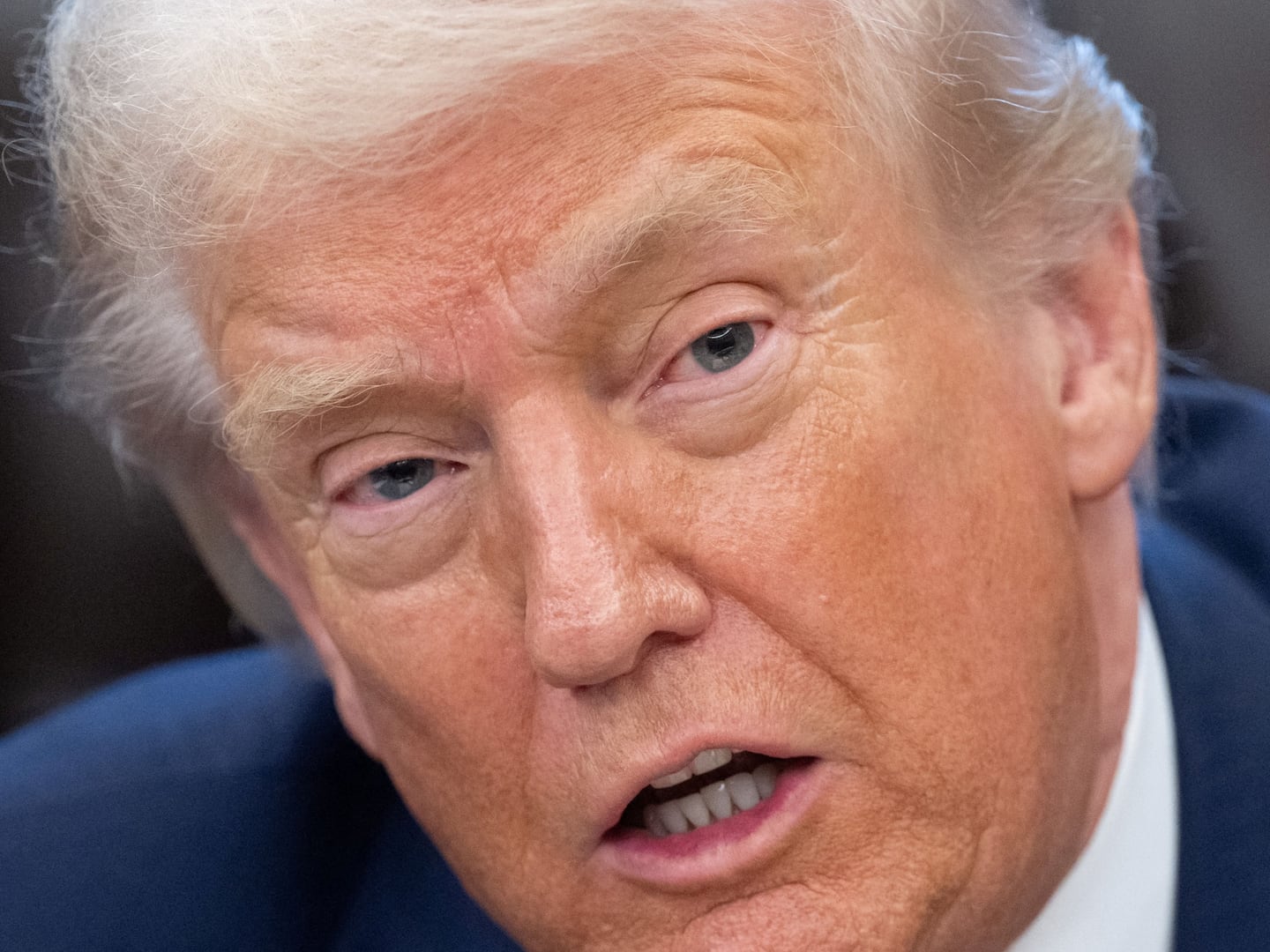Resurgent agitation for Jewish prayer rights on the Temple Mount may soon develop into the newest Israeli claim against the Palestinians. To the extent that it does, it will also be a claim against the Muslim religious authorities who control the Mount and, indeed, against the Muslim world.Depending on whose interpretation you follow, halachah (Jewish religious law) bans or certainly discourages Jewish ascent to the Mount and Jewish prayer there. Only the advent of the messiah will restore Jews to the Mount, and will bring the rebuilding of the holy Temple.

Now, Orthodox nihilism against halachah is fusing with extremist secular nationalism to fuel the push for Jewish prayer on the Mount. There has long been a small coterie clamoring to pray there. Until recently, their advocacy was a curiosity and enjoyed little support in mainstream political circles or the Israeli media. In September 2000, Ariel Sharon's visit to the Mount, which did not include prayer, is generally considered to have helped spark the Second Intifada. Sharon's visit was shocking because it was unusual in its demonstrativeness.
But over the past few years, elements in the settler movement and right-wing parties have increasingly opined about the justice of a Jewish "return" to the Temple Mount. Notably, the new advocates remained sufficiently sober about the matter to admit that security and diplomatic considerations forestalled implementation of return for the foreseeable future. Since the election of the new Israeli government, that sobriety has been evaporating.
In March, Housing Minister Uri Ariel visited the Mount as one of a group of tourists and made a point of humming Jewish liturgical music as he walked about. He later announced that he would push for the Jewish right to pray on the Mount. In April, Knesset Member Miri Regev emphasized "I do not understand why a Jew is not allowed to pray in the most sacred place for him—the Temple Mount."
The fiery MK Moshe Feiglin recently made several attempts to visit the Mount but was barred by the police on security grounds. Security concerns, not traditional religious arguments, have been the roadblock to Jewish return. But the new Knesset Speaker, Yuli Edelstein, is holding talks on the issue with the Jerusalem police chief. Meanwhile, Religious Services Minister Naftali Bennett announced that he will work for legislation guaranteeing Jewish access to the Mount. A fringe idea has entered mainstream Israeli politics.
To commemorate Jerusalem Day in May, a group of settlers escorted by police toured the Al-Aqsa Mosque compound. The police clashed with protesting worshippers. The next morning, police took in Sheikh Mohammad Hussein, the Grand Mufti of Jerusalem, for six hours of questioning about the fracas. Thus, Jewish prayer on the Mount pushes us to confrontation with Islam.
This month, a Jerusalem court ruled that Jewish prayer on the Mount is not a crime. “Police attempts to stop prayers,” said attorney Itamar Ben-Gvir who brought the case, “is what is against the law.” Along with political and theological developments, the legal path to Jewish prayer on the Mount is also being paved.
Finally, return to the Mount is making it into the mass media. In April 29's Israel Hayom, Nadav Shragai in "Backs to the Wall" advocates that Jews do just that—turn their backs on the Kotel and focus on the Mount because Jews "have forgotten that the Western Wall, for all its parts, is merely a vestibule, an atrium to the Temple Mount." In a breathtaking dismissal of Jewish tradition, he goes on to say that "had there not been a Halachic ban for many years on climbing to the Mount...the Western Wall would not be the main attraction, but rather than [sic] the Mount itself.”
In Open Zion, Zack Parker argues for Jewish prayer on the Mount “as a generous consolation prize in lieu of the actual Temple,” apparently forgetting that in Jewish tradition the Kotel is the “consolation prize.” He understands the threat of extremists like Moshe Feiglin but believes that Jews generally can return to the Mount while “Israel must do what it can to undermine the subversive activities of […] Feiglin and his ilk—and it already is.” That assertion will be news to many people. Israel has been notably ineffective in stopping “price tag” and other extremist mayhem. Many wonder whether the government is committed to doing so.
There may soon be regular Jewish visits to the Mount and some visitors will organize worship services. After a while, it will seem natural to erect a canopy to shield the worshipers from the elements. Finally, we will see a push to build a synagogue in the midst of Islam’s third holiest site. This last step will ignite a Muslim conflagration—religious, political, even military—that will make reactions to cartoons of Mohammed look like a walk in a tot park. Pressure on the West to sanction or abandon Israel might become unprecedented in severity.
Progressive religious thought might entertain formulations for renewed Jewish worship on the Mount like other modernist departures from halachah since the 19th century. But such innovation should be pursued through creative research in Jewish sources and intellectually cautious, respectful dialogue with the Palestinian people and the Muslim world. Pursuing the issue by force in order to create a fait accompli is theologically reckless and a political recipe for disaster.

